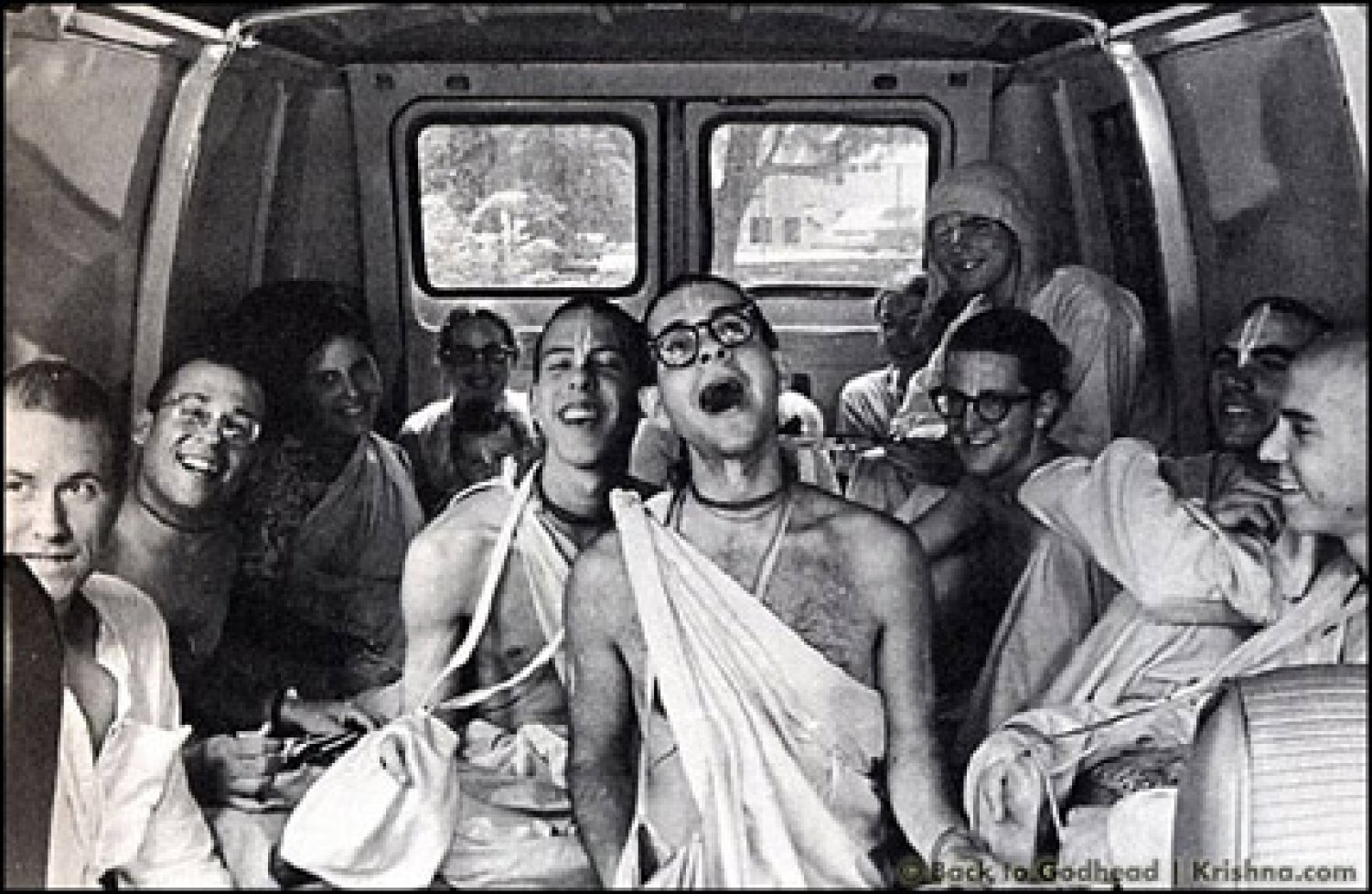Divine silence… divine arrogance?

Studying the example of Srila Prabhupada and His ways to be perceived by public, His extraordinary ability to attract individual souls despite their various conditioning to Krsna Consciousness, was of course based on His purity, but also His transparency in dealing with others. Devotees could see Srila Prabhupada accepting prasadam, they could see Him even taking rest; His need for any sort of privacy was minimal. Especially those who joined Him in the initial days of His newly born ISKCON, were amazed how personally Srila Prabhupada related to them and how attentive He could be.
Of course as ISKCON grew and many more joined, Srila Prabhupada delegated this personal responsibility to take care of the newly initiated ones to the senior devotees, who following in His footsteps personally attended those who joined them. There was a great deal of unity based on the similarity of service; everybody was considered a preacher of some sort.
Privacy was minimal and the ways devotees dealt with each other bordered sometimes with familiarity.
Times changed. Only few kept the same spirit of personal openness and personal attendance.
Those who perceived Srila Prabhupada’s movement as some sort of a post- and title-distributing institution started to demand authority instead of commanding it by dint of their preaching enthusiasm.
As matter of fact bureaucracy increased and the warning of Srila Prabhupada “to manage only to the degree it is necessary”, went unnoticed. Naturally the preaching power got diminished by seeing the leaders retreating to some sort of anonymous type of existence, always doing something important, which had nothing to do with the concerns of the local devotees. Lectures became more academic and “politically correct”, the accumulated data became priority, not the realized knowledge of the preacher and his audience. Finally, the ISKCON leadership assumed some entirely non-transparent form of existence, non-transparent economy and non-transparent ways of dealing amongst each other. It became a movement on its own.
Recently one senior devotee, much concerned with the welfare of the “common rank devotees”, related to me how one of the ISKCON mega-gurus, originally a great friend of his, for years shared with him his ways of preaching and even demanded some constructive feedback from his side.
As years passed by and numbers of his disciples increased, the perception of this mega guru started also to change. Finally, his friend shared with him his concern about his more and more growing arrogance. What he got back in response was even more alarming, his guru friend started to aggressively “heavy him out” on basis of his institutional post and the ways he was worshiped by his disciples. Surprised, my friend told him that to face such an arrogance may terminate his trust into him. With no regret, he was informed that this doesn’t matter anymore.
And so he lost a friend.
I myself experienced much worse seeing some of my godbrothers turning into some sort of institutional robots, losing their spirit of personal preaching and personal sharing, something what Srila Prabhupada based His whole movement on. No wonder, speaking for Europe, numbers of those who are joining ISKCON are small, in some countries practically null. Most temples could not be even maintained without support of the Russian and Indian congregation.
People respond only to people; even in times of despair they are able to respond to animals as well. But the need of personal interaction is always there, being the inherent nature of the soul.
And so if not respecting this need, allowing ourselves to be carried away by an institution which lost its purpose, we become, as documented in history of various churches, simply petrified statues as those, which can be found being carved from stones decorating various religious monuments.
They mean nothing to anybody, as there is no way to relate to them personally.
Myself seeing Srila Prabhupada only three times, spending most of the time under the supervision of my godbrothers either distributing His books or managing His temples, I felt His presence daily so intensely that I saw little need to contact him regarding my daily challenges and “problems”. I never wrote Him a letter, He wrote to me a letter!
I knew He knows and that was entirely satisfying to me. Those who are connected to their spiritual master via vani feel satisfied at heart. Those who are not connected can only disseminate their dissatisfaction to others, creating an atmosphere filled with conflicts and agitation.
And so, if no room is given to personal interaction between the leaders and their followers, there will be no followers to lead anymore. The movement as such becomes an institution only, which at best survives in some sort of self-maintaining regime, but in reality has lost its original preaching purpose. As stated in the Bhagavad Gita, whatever the great man is doing, the little one follows, and so the institutional introverts may breed their own followers teaching them the art of impersonal existence and extortion of money from innocent naive public. Movement of such kind is doomed to be extinguished and to be replaced by a movement which truly fulfills the original purpose, saving the conditioned souls by dint of vibrant preaching, bringing them back home, back to Godhead.